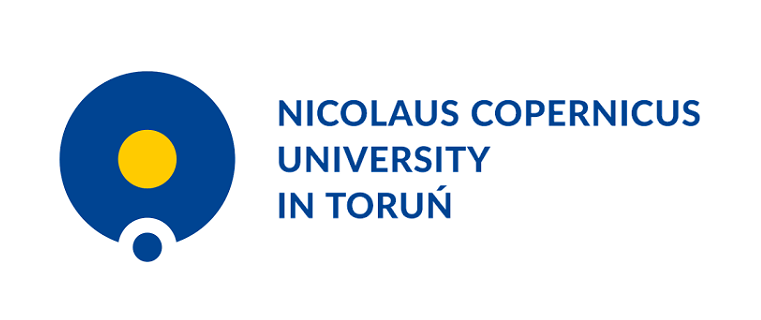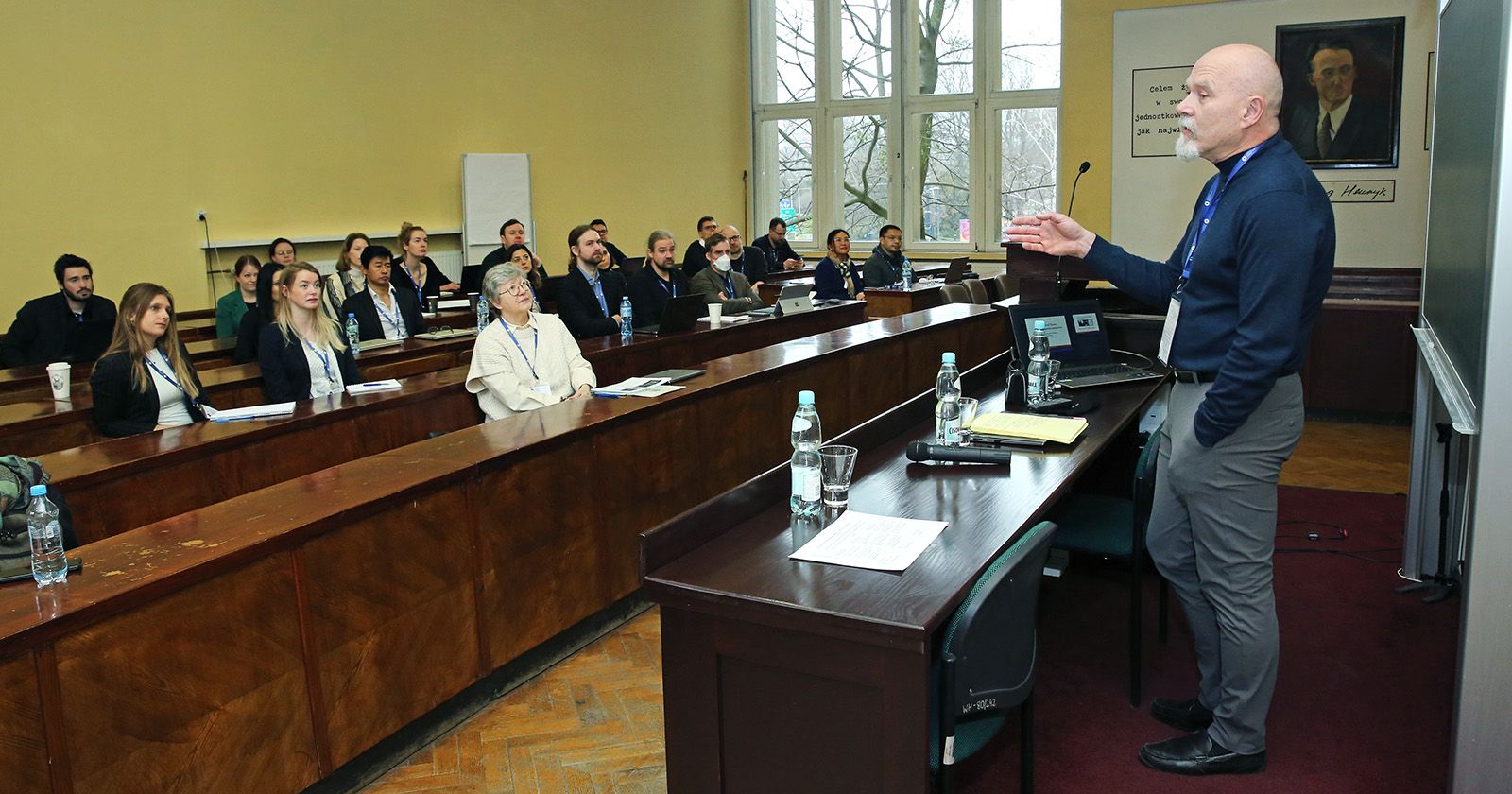 Social sciences
Social sciences
Discussions on democracy
The international seminar "The Compatibility of EU Law with the Rule of Law and Democratic Principles" is underway at the Faculty of Law and Administration NCU. The meeting was planned as part of a RED-SPINEL team activity funded by Horizon Europe.
Seminar provides a forum for discussing the role and place of democratic principles in the Union's institutional law and legal order. During the meeting, the participants have so far discussed e.g. the role of EU instruments in ensuring respect for the rule of law and the problem of systematic error in the implementation of ECtHR and CJEU decisions by EU Member States.
Prof. Maciej Serowaniec from the Faculty of Law and Administration NCU, who is the leader of the Polish RED-SPINEL group, illustrated on the example of Polish experience how the Court of Justice of the EU and the Member States' constitutional courts approach the issue of democratic principles and the rule of law. Those attending the seminar also had the opportunity to hear about the Italian experience, presented by Lorenzo Cecchetti and Ylenia Citino.
On the second day of the seminar Cristina Fasone will present a draft of the first working document for RED-SPINEL "Established EU instruments on the rule of law".
RED-SPINEL is a 36-month worth 3.2 million euro interdisciplinary and international project involving seven higher education institutions: Nicolaus Copernicus University in Torun, Université libre de Bruxelles, Libera Università Internazionale degli Studi Sociali Guido Carli, Universiteit van Amsterdam, Universitatea Babeș-Bolyai, HEC Paris and the University of Warwick. The goal of the RED-SPINEL project is to analyze the changing nature of the consensus around liberal democracy and its implications for the EU's supranational policy instruments. In the European Commission's competition, the project received an excellent rating of 14/15 and was recognized for its ambitious theoretical and innovative goals, as well as for the past scientific achievements of the consortium members and the research agenda it establishes.
 NCU News
NCU News






 Social sciences
Social sciences
